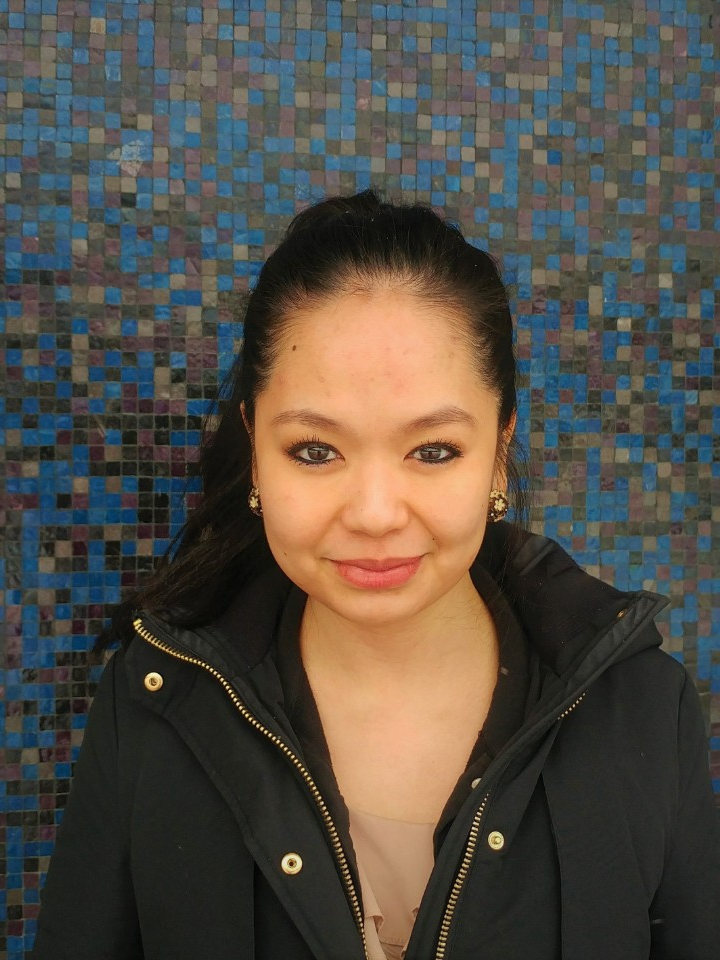- Clean Energy Research Group
- Feminist Mobilization and Economic Empowerment
- The Governance of Migration
- About
- People
- Undergraduate
- Graduate
- News & Events
- Affiliated Programs
- Research
- NATO Field School

Justine Mallou
Justine Mallou was part of SFU’s French Cohort Program while completing her undergraduate degree. This multidisciplinary program, taught both in English and French, made it possible for her to carry out original field research in migration policy. This research ended up forming the basis of her undergraduate Honours essay, and later, her Master’s thesis. Her thesis explored how "sanctuary city" policies in Vancouver and Toronto captured the attention of policymakers and gained entry to city council agendas.
Mallou complemented her in-class learning by participating in SFU’s co-op program. Her placements included working in frontline refugee resettlement support at a non-profit organization in Burnaby as well as in federal government departments of Immigration, Refugees and Citizenship, and Indigenous and Northern Affairs Canada in Ottawa and Vancouver. “Applying for the co-op program is a great way to apply skills learned in the classroom to the workplace while learning about international and domestic issues,” she said. “As I was finishing my degree, co-op placements increased opportunities to gain experience in my academic discipline and secure employment following graduation.”
Another highlight of Mallou’s graduate experience was winning the National Student Paper Competition, organized by the Institute of Public Administration of Canada. She wrote a policy paper and proposed considerations to address the barriers when accessing post-secondary education for Indigenous students. She also created a video explaining her recommendation. In the final stage of the competition, a panel of five senior management representatives and deputy ministers from different federal government departments interviewed Mallou. She ultimately won the competition, and part of her prize was the opportunity to work for the Government of Canada.
As a result of her academic and co-op experience, Mallou was equipped to transition to the workforce prior to graduation. She held multiple portfolios within the federal government; specifically, assisting in the refugee claimant intake process of inland asylum claims in BC, administering First Nations elections, and supporting the improvement of educational outcomes of Indigenous students through the implementation of the BC Tripartite Education Agreement.
The relationship-building aspect of Mallou’s experiences is especially humbling. “It is one thing to learn about vulnerable communities from a theoretical perspective in the classroom, but it is quite another to work alongside those who have lived the experience.” Mallou is grateful that she is developing an understanding of, and empathy for, international and domestic issues concerning vulnerable communities, as it brings purpose and meaning to her work every day.
She advises current SFU students to step out of their comfort zone and explore other courses and programs offered at the university. “Taking a course in ethics and human rights in the School of International Studies allowed us to connect with local non-profit organizations in the Lower Mainland by pitching and writing grant proposals. SFU instructors played an instrumental role in providing students with tools to deconstruct knowledge. I find that there is value in learning when our interpretations and points of view are critiqued and challenged,” she said.
Mallou recommends that students identify mentors and be proactive participants in their own learning. “As a student, be intentional when soliciting feedback from mentors who genuinely know you and support your progress. Also, do not be afraid to put your hand up and voice your narrative with respect and compassion no matter how daunting it may seem. Stepping outside our comfort zone develops growth, humility and persistence,” she said.

